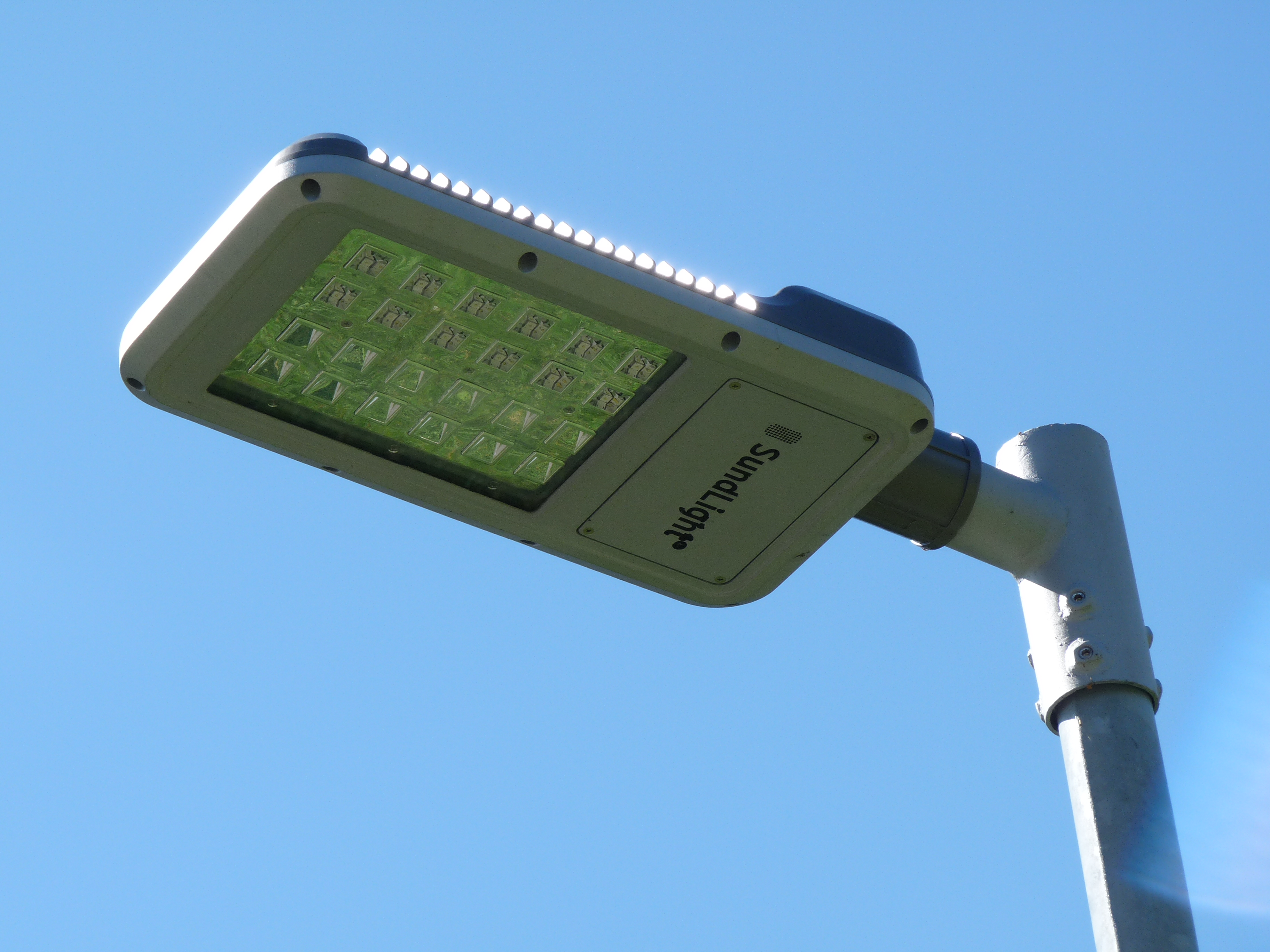
While the economic and energy saving arguments for LED street lamps are clear they can prove unpopular with local residents.
by James Carson
Street lighting might not seem an issue likely to hit the headlines, but it’s recently been sparking controversy in different parts of the country.
A growing number of councils are replacing ageing sodium street lamps with light emitting diode (LED) lights. The new lighting is expensive to install, but savings in energy costs and lower carbon emissions have convinced local authorities that the move to LED makes financial and environmental sense.
Earlier this year, Glasgow City Council became the first local authority in the UK to sign up for a loan for LED street lighting from the UK Green Investment Bank. The council estimates that the move to LED will cut the city’s street lighting costs by 65%.
Meanwhile, Hertfordshire Council began replacing its existing lighting with LED alternatives in 2012. The council reckons the new system’s costs of £1.3m will be more than covered by savings of £3.2m over 20 years.
For proponents of LED lighting, the attractions are clear enough:
- Lower energy usage of LED lighting can dramatically reduce operating costs.
- The lifetime of LED street lights is three times the life of current technologies.
- LEDs don’t contain mercury or lead, and don’t release poisonous gases if damaged.
But not everyone is persuaded that the transition to LED is a positive development. Earlier this year, Trafford Council delayed plans to introduce LED lighting after a resident threatened legal action based on American studies linking the bright light of LED to sleep disruption.
Elsewhere, concerns are being raised, not about too much light, but about too little. Within the next few months, thousands of streetlights in north Shropshire will be switched off between midnight and 5.30am, part of a county-wide project which began in 2012. The council says the move will save carbon and energy costs, an argument that’s already persuaded two-thirds of English councils to adopt overnight switch-offs. But councillors and civic leaders in the towns and villages affected fear the move could lead to an increase in crime and road accidents.
So far, the evidence on street lighting switch-offs is mixed. Shropshire Council has received 90 complaints from residents since the initiative began. And Essex County Council, which began overnight switch-offs in 2013, was ordered by the police to resume night lighting along four streets in Brentwood after an upsurge in burglaries. But figures obtained by a freedom of information request show crime figures elsewhere in Essex have gone down since the lights went off.
One influential figure who’s voiced his support for the switch-off policy in his Brentwood and Ongar constituency is Secretary of State for Communities and Local Government Eric Pickles:
“I love it because I am economy-minded. It’s saving a phenomenal amount of money, it’s decreased crime because burglars love ambient lighting, it’s nice to see the night sky and, as someone who lives in a main street that has had its lights cut off, I can get a good night’s sleep,”.
Time will tell whether local residents also think the policy’s a bright idea, or take a dim view of being left in the dark.
Further reading (You may need to be a member to view these articles)
Truth or glare?, IN Lighting Journal, Vol 79 No 6 Jun 2014, pp10-13
Street smart (street lighting in Glasgow), IN Lighting Journal, May 2014, pp14-17
Keeping the lights on (Street lighting), IN Local Government Executive, Aug-Sep 2013, pp39,41,43
Lighting the way forward (street lights), IN Surveyor, 14 Dec 2012, pp21-23
The Dark Sky village of Galloway Forest, IN Local Government Executive, Nov/Dec 2011, pp48-49
Share
Related Posts
Supporting residents on the decarbonisation journey: leveraging data for effective retrofit projects
As the drive towards decarbonisation intensifies, the social housing sector’s ability to collect, store and manage vast amounts of data becomes increasingly critical. With a shared goal of creating warmer, carbon-free homes, housing associations’ strategic use of data is essential ....
With information now so accessible, it’s easy to assume that whenever you have a question you can simply tap it into a search engine. But, while the internet and digital search tools are undoubtedly useful for checking basic facts, when ....
The recent spikes in energy costs have thrown into sharp focus the challenge of heating our homes. Domestic heating is important, not just for our comfort and wellbeing, but to reduce humidity and prevent condensation. But because traditional heating systems ....
By Ian Babelon A new-old concept for proximity “Are we there yet?” Parents may patiently nod to their children’s insistent nudges on a 20-minute journey to… somewhere. Quite rightly, researchers have asked: twenty minutes to what? The answer may well ....
